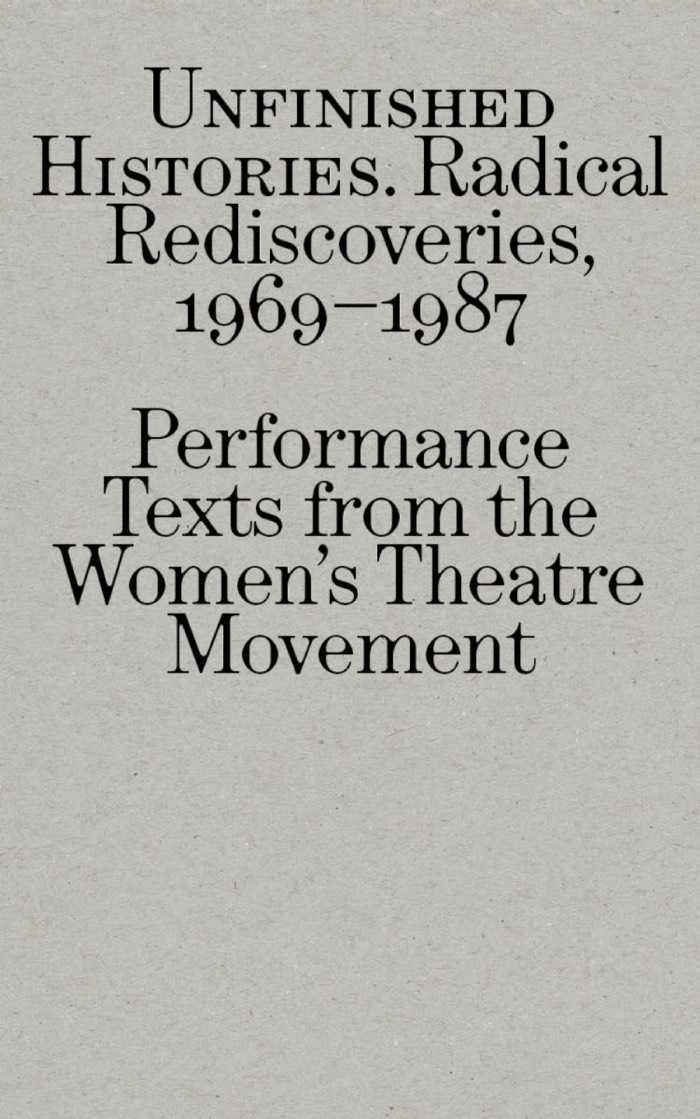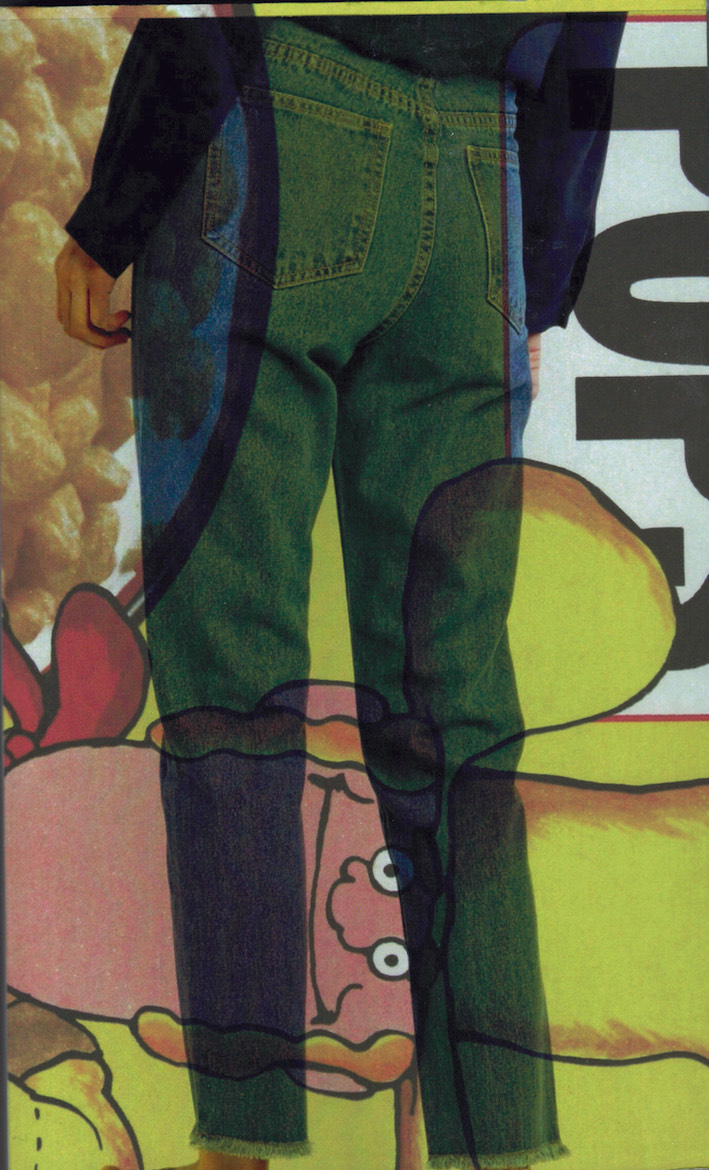
Direct Into Chaos
Aleen Solari’s work is shaped profoundly by insights into various subcultures. These insights are partly drawn from her own experiences, partly borrowed from members of certain scenes who she invites to be part of her work. Her sculptural practice moves in and out of life within these groups, and is full of codes and quotations from antifa members, football hooligans, bored youth clubs or those embedded in neonazi networks.
Direct Into Chaos is a book that dives deep into these worlds, shape-shifting between fiction, documentation and artwork. In ghost written texts, Solari fictionalises her own artistic biography, morphing interviews with football hooligans who had their phones tapped by the police, into a dream world where they receive generous compensation for years lived under surveillance.
In this publication – in a chaotic, dreamlike state of mind – fiction and documentation, art and activism meld into something new.
Aleen Solari is an artist who lives in Hamburg, Germany







